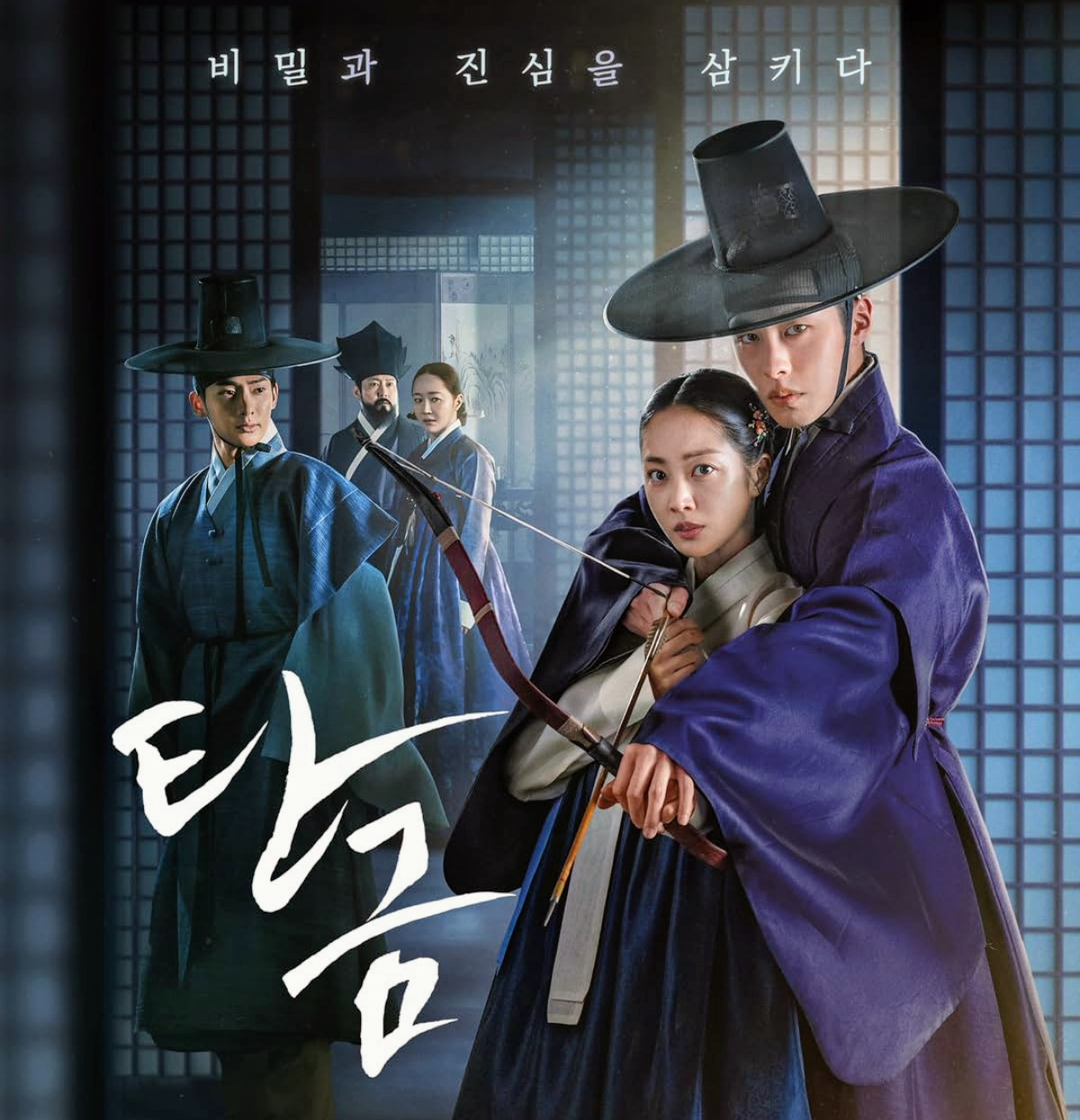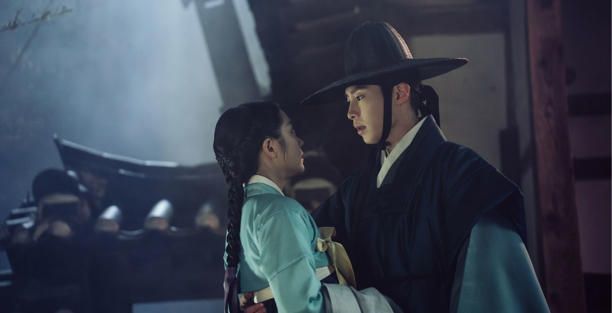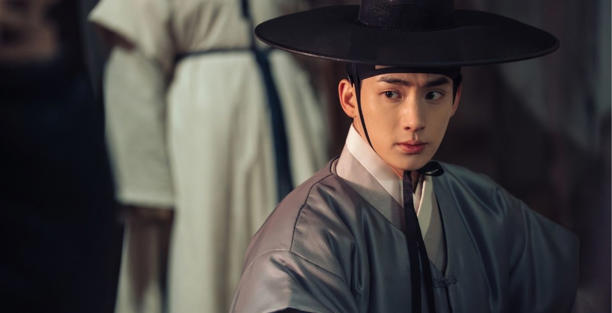
**Dear Hongrang** (also titled *Tangeum*) is a mystery-filled Netflix K-drama based on the novel *Tangeum: Geumeul Samkida* by Jang Da-hye. Set in Joseon, the story follows the emotional fallout from the disappearance of Hongrang, the heir to a powerful merchant family. Twelve years later, a man (Lee Jae-wook) claiming to be the long-lost Hongrang returns, stirring up grief, suspicion, and revenge within the fractured family.
His half-sister Jae-yi (Jo Bo-ah) is skeptical and seeks the truth, while their father has long moved on, grooming an adopted successor. With themes of obsession, loss, and deception, *Dear Hongrang* explores a dark, tangled emotional web—occasionally uneven in pacing, but ultimately building toward a tragic, poetic conclusion.

*Dear Hongrang* juggles multiple plotlines—grief, identity, revenge, and family intrigue—but not all of them land smoothly. While the series builds a rich emotional world, some story threads get muddled or lose momentum along the way.
*Dear Hongrang* is driven by a web of scheming characters, which can initially overwhelm the viewer with shifting motives and fragmented storylines. While the early episodes suffer from plot overload, writer Kim Jin-a streamlines the narrative midway through, cutting out weaker threads and focusing on the central drama. Uhm Ji-won shines as the manipulative Yeon-ui, though her subplot is sidelined. The real strength of the series lies in the tense love triangle between Jae-yi, Hongrang, and Mu-jin, powered by compelling performances from Jo Bo-ah, Lee Jae-wook, and Jung Ga-ram.

Love has the power to heal, while its absence can twist and scar the soul.
**"Dear Hongrang" is a moving exploration of grief, love, and healing.** Jo Bo-ah’s Jae-yi begins the series weighed down by unresolved pain but gradually opens up and finds peace as she confronts her past. Lee Jae-wook’s Hongrang starts as a closed-off figure on a mission, but through Jae-yi’s love, he slowly rediscovers his humanity and capacity for emotion. Jung Ga-ram’s Mu-jin embodies the heartbreak of unrequited love with quiet intensity, his stoic facade cracking only around Jae-yi.
The series underscores that healing comes from letting go. Loss, broken love, and shattered dreams haunt the characters, but freedom—however bittersweet—comes when they learn to release their grief. “Dear Hongrang” shows that in tragedy, there can also be transformation.
